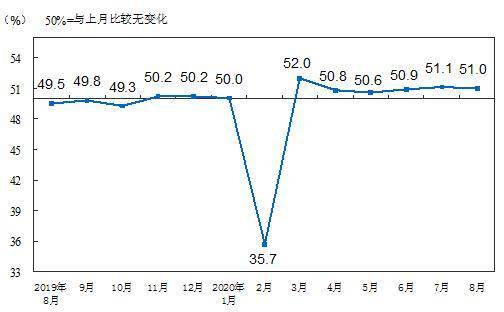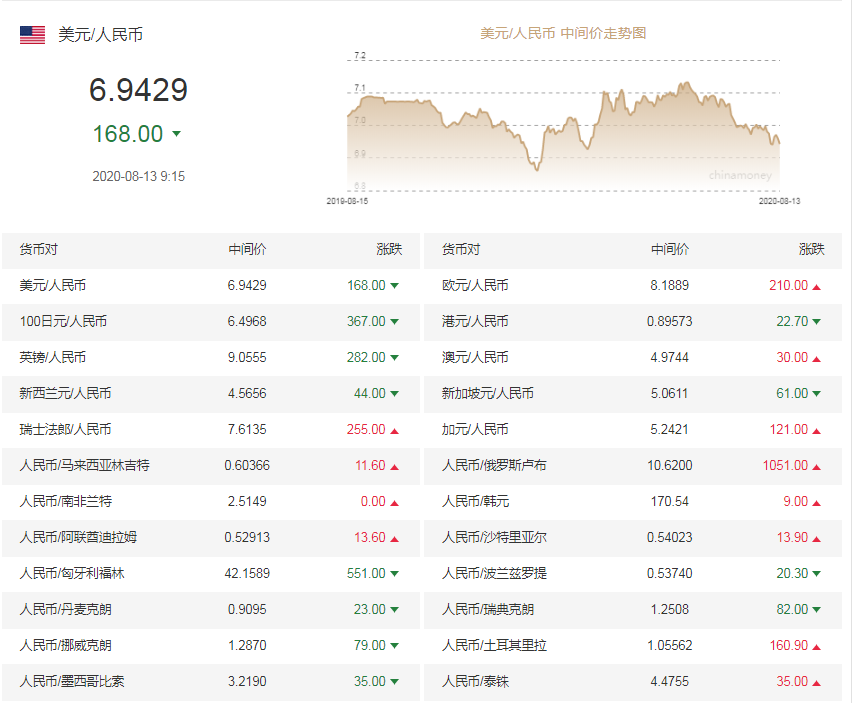дёӯеӣҪж—ҘжҠҘ|Ecological development revives, preserves Chinese reindeer tribe( дәҢ )
When talking of the future, Gu Musen decided to further expand the reindeer population and partner with schools on education, spreading the minority group's heritage from one generation to the next.
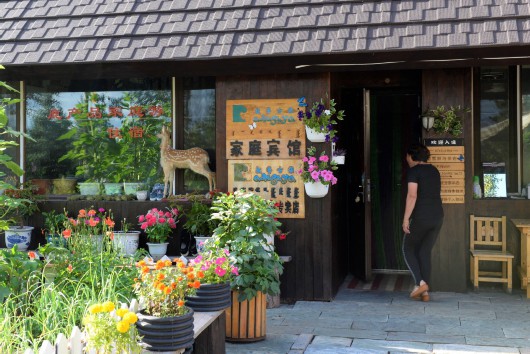
ж–Үз« еӣҫзүҮ
Zhang Guofeng's family hotel at Aoluguya nationality township in Genhe, Inner Mongolia autonomous region, on Aug 6, 2020. [Photo by Zhao Shiyue/chinadaily.com.cn]
Zhang Guofeng, 58, who manages a family hotel with three rooms in Aoluguya, has also lifted herself out of the low-income group and found a way to wealth. After working away from home for over 10 years, Zhang and her husband have returned as tourism prospers in this remote forest area.
"All rooms are fully booked during the peak tourism season from July to August," said Zhang, "and my income reaches around 20,000 yuan for those two months."
Zhang is one of the ecological migrants of 62 Ewenki families who moved from mountains to the national minority community under the government's environmental protection project starting in 2002. With 160 million yuan of investment, local authorities constructed 32 units of two-tier houses in the city suburb, with 88 square meters each.
To maintain the balance between local inhabitants and natural resources, a permanent hunting ban was also enforced the same year.
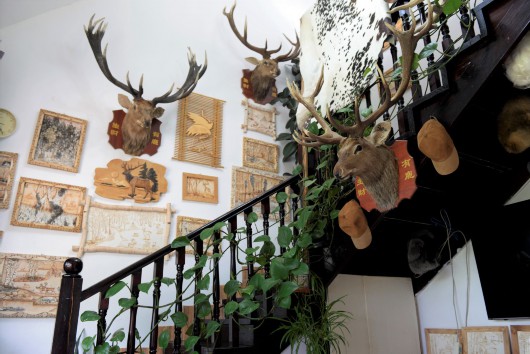
ж–Үз« еӣҫзүҮ
The interior of Zhang Guofeng's family hotel at Aoluguya nationality township in Genhe, Inner Mongolia autonomous region on Aug 6, 2020. [Photo by Zhao Shiyue/chinadaily.com.cn]
"Before 2003, the Ewenkis in Aoluguya earned a living via hunting wildlife and made only about 300 yuan a month, while their lives saw significant improvement after ecological migration," said Zhang Wanjun, head of the Aoluguya nationality township.
According to official statistics, the government has injected over 100 million yuan since 2003 to stimulate local tourism by taking advantage of the town's unique culture and natural resources.
By selling reindeer products and managing homestay businesses, the net income per capita of rural hunters soared from 1,277 yuan to around 20,000 yuan a year, statistics show.
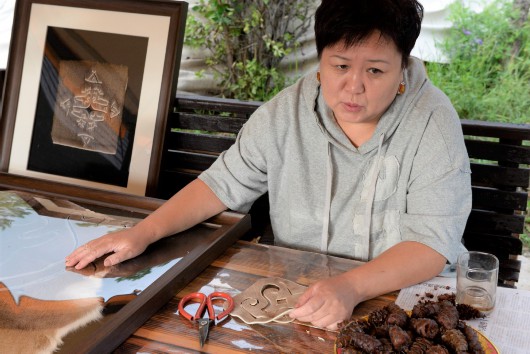
ж–Үз« еӣҫзүҮ
De Keli makes reindeer leather handicrafts at Aoluguya nationality township in Genhe, Inner Mongolia autonomous region, on Aug 6, 2020. [Photo by Zhao Shiyue/chinadaily.com.cn]
Although Ewenkis in Aoguluya have left the mountains and stepped into modern life, they still maintain the traditional lifestyle and remain devoted to preserving the tribe's precious cultural heritage.
De Keli, 48-year-old, has been making ethic clothing and leather handicrafts for nearly 20 years. As one of the intangible cultural heritage inheritors in Innner Mongolia autonomous region, she tries to integrate contemporary aesthetic ideas with Ewenki's traditional totems by engraving complex graphics on reindeer fur.
жҺЁиҚҗйҳ…иҜ»
- дёӯеӣҪж—ҘжҠҘзҪ‘|зҫҺеӣҪж•ҷеёҲпјҡж•ҷдә”еІҒзҡ„дёӯеӣҪеӯ©еӯҗвҖңSay HelloвҖқ жҲ‘е°ұеҸҜиғҪеқҗзүўпјҹ
- дёӯеӣҪж—ҘжҠҘзҪ‘|еӣҪйҷ…еҘҘ委дјҡе®ҳе‘ҳпјҡдёҚз®ЎжңүжІЎжңүж–°еҶ пјҢдёңдә¬еҘҘиҝҗдјҡжҳҺе№ҙеҰӮжңҹеҠһ
- дёӯеӣҪж—ҘжҠҘзҪ‘|еӣҪйҷ…еҘҘ委дјҡеҚҸи°ғ委е‘ҳдјҡдё»еёӯпјҡдёҚз®ЎжңүжІЎжңүж–°еҶ з—…жҜ’пјҢдёңдә¬еҘҘиҝҗдјҡе°ҶеңЁжҳҺе№ҙеҰӮжңҹдёҫиЎҢ
- дёӯеӣҪж—ҘжҠҘзҪ‘|еҝ«и®ҜпјҒи¶…иҝҮе·ҙиҘҝпјҢеҚ°еәҰжҲҗдёәдё–з•Ң第дәҢеӨ§зЎ®иҜҠз—…дҫӢеӣҪ家
- дёӯеӣҪж—ҘжҠҘеҫ®дҝЎе…¬дј—еҸ·|еӯҰйңёеҸҲдёҖж¬ЎеҮәеңҲпјҒеә”еұҠзЎ•еЈ«з”ҹиў«е»әи®®з ҙж јжҺҲдәҲеҚҡеЈ«еӯҰдҪҚпјҹзҪ‘еҸӢеҚҙеҗөзҝ»дәҶвҖҰвҖҰ
- дёӯеӣҪж—ҘжҠҘзҪ‘|з”Ёеҝғе®ҲжҠӨвҖңй“Ғиҳ‘иҸҮвҖқ
- дёӯеӣҪж—ҘжҠҘзҪ‘|иөЈеҚ—еҚ«з”ҹеҒҘеә·иҒҢдёҡеӯҰйҷўж•ҷеёҲиө°иҝӣзӣҙж’ӯй—ҙ дёҺеёӮж°‘дә’еҠЁвҖңи¶Је‘іеҢ»еӯҰвҖқ
- дёӯеӣҪж—ҘжҠҘзҪ‘|еұұдёңзңҒ第е…ӯеұҠжІҝжө·йӘ‘иЎҢеӨ§еҘ–иөӣеңЁйқ’еІӣеҚіеўЁеҢәејҖиөӣ
- дёӯеӣҪж—ҘжҠҘзҪ‘|й•ҝжө·еҺҝзҚҗеӯҗеІӣжө·еҹҹеҮәзҺ°вҖңйҫҷеҗёж°ҙвҖқ
- дёӯеӣҪж—ҘжҠҘзҪ‘|еҚ°еәҰпјҡзҙҜи®ЎзЎ®иҜҠи¶…400дёҮпјҢGDPи·Ңе№…еҲӣи®°еҪ•







